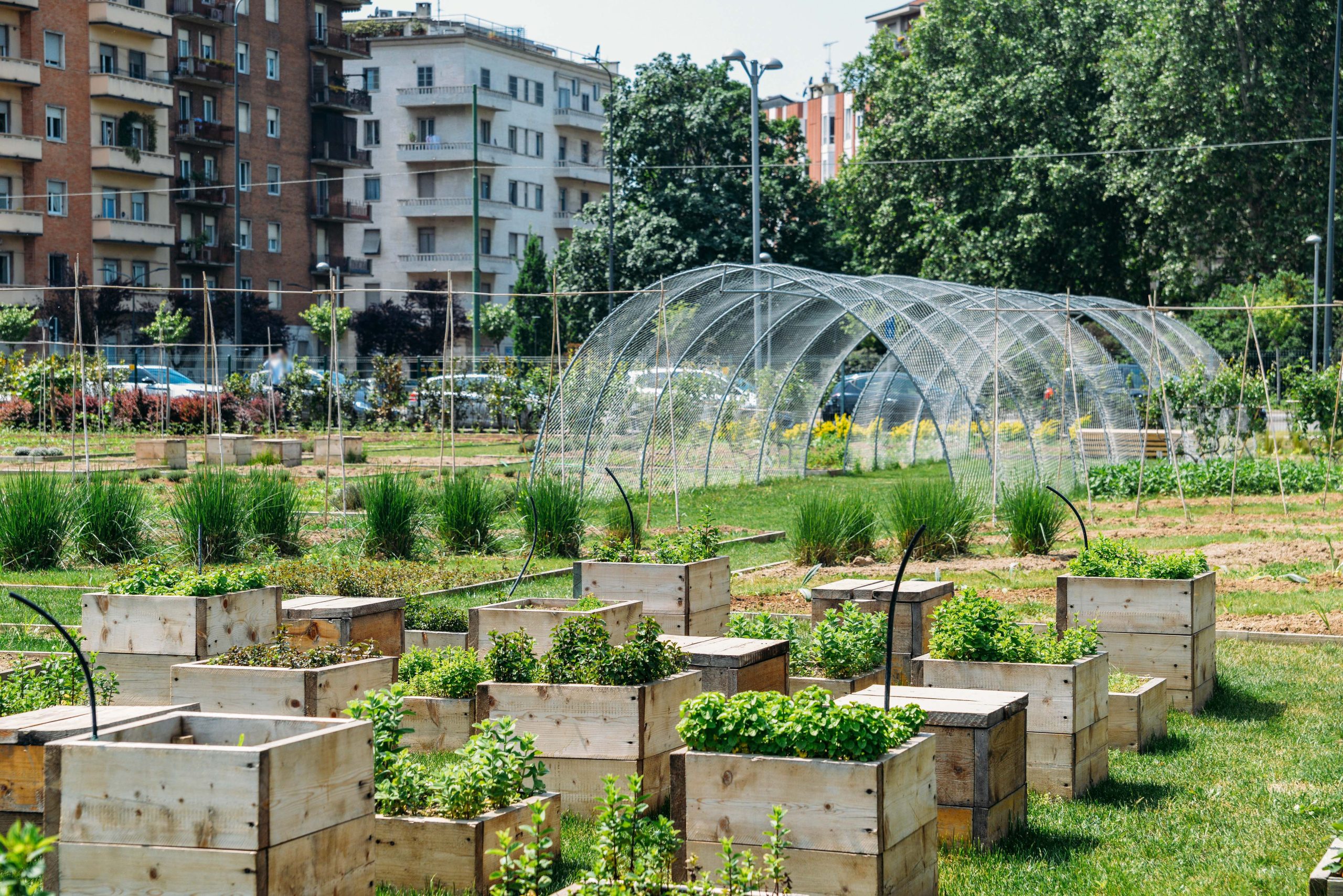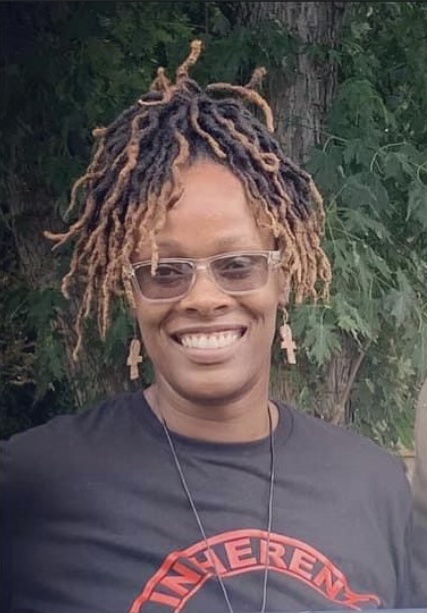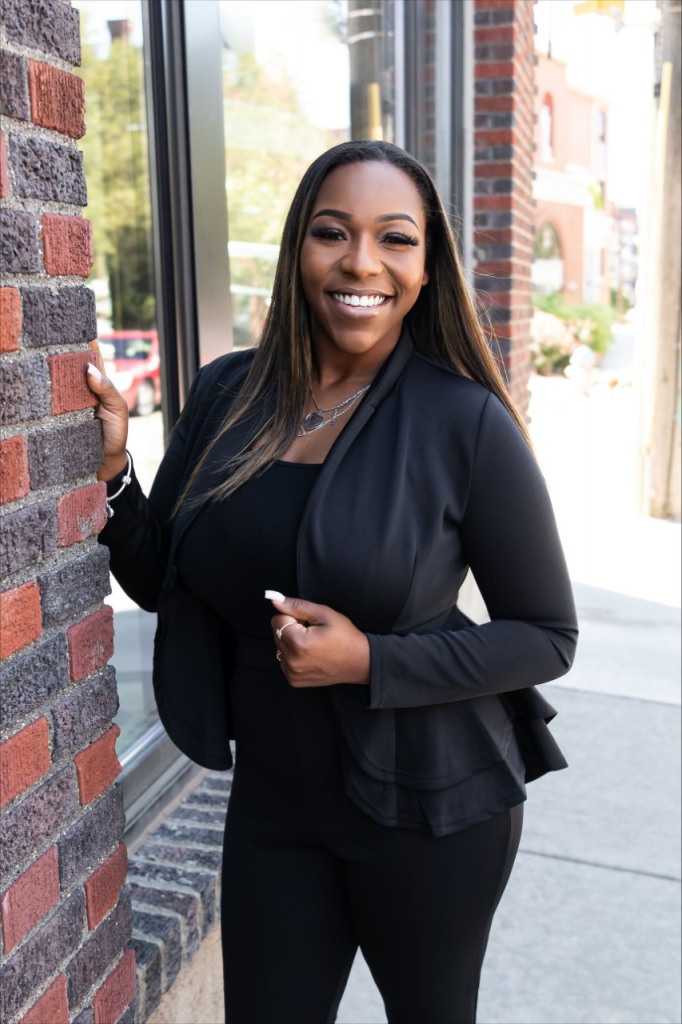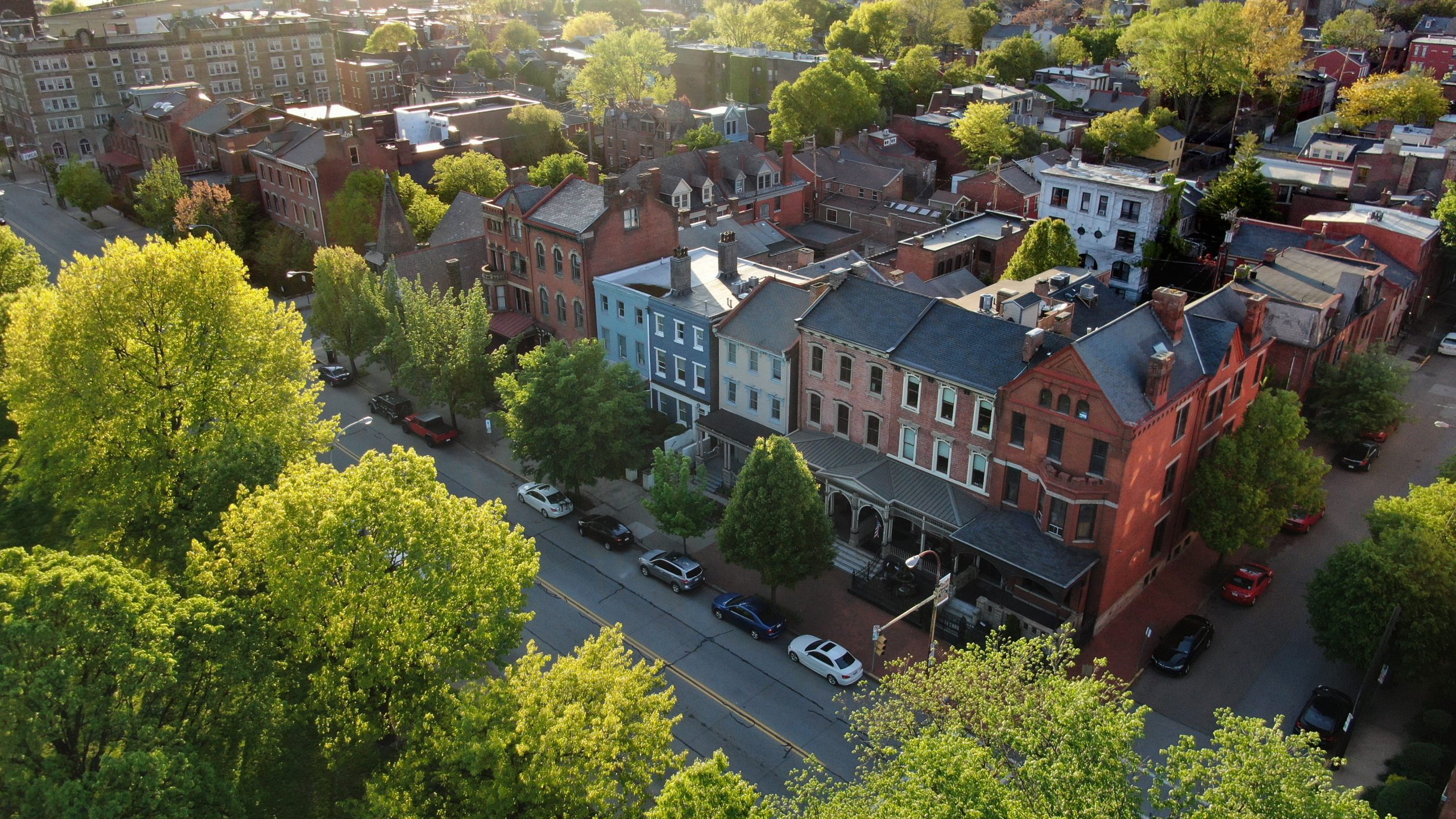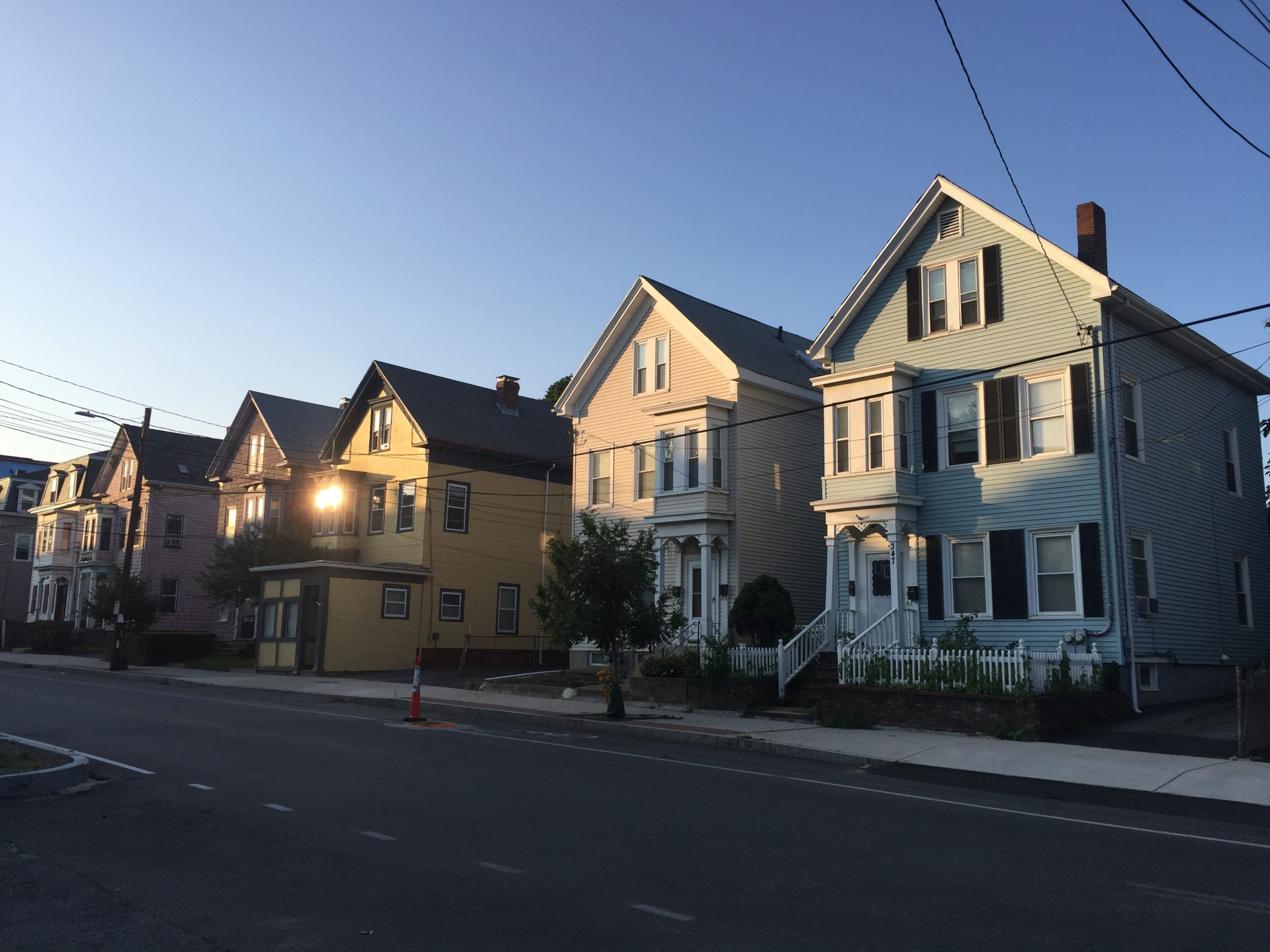Omicelo Cares Offers Pennsylvania Residents an In-Depth Course on Real Estate Development
Did you know that the average community member can make a big difference in the well-being and future of their neighborhood?
Real estate investing offers many opportunities to improve the vitality of your community. There are many ways to learn about real estate investing — online resources, college courses, or even by doing some research on your own. Better yet, you can sign up for Omicelo Cares’ “Real Estate Co-Powerment Series” here in Pennsylvania.
Getting started in real estate investing is easier than you may think with the proper guidance and education. By revitalizing your community through real estate investment, you can create lasting positive effects for you, your neighbors, and the small businesses in your area.
Pennsylvania Real Estate Continuing Education
Real estate investing is one of the best ways for community members to revitalize their neighborhoods. With Pennsylvania real estate continuing education, you can help turn around parts of town that are in decline and make them more vibrant and sustainable.
Based in Pittsburgh, Omicelo Cares offers continuing education courses on real estate investing, which can help you learn about the different types of real estate investments and how to make them work for you. Our Real Estate Co-Powerment Series covers practical topics such as:
• The fundamentals of real estate
• Proforma development
• Transactional law
• Financial training
• Tax credits
• Community engagement
• Zoning
• And much more
Through Pennsylvania real estate continuing education, people can learn to invest in real estate and discover new ways to make their communities stronger. By working with an experienced advisor like Omicelo Cares, even beginners can learn how to put together an investment portfolio that will benefit both you and the community as a whole.
Investing in real estate is a great way to improve the quality of life for everyone in your community. It creates jobs and economic growth, puts more money in your bank account, and brings communities together — making everyone better off.
The Benefits of the Real Estate Co-Powerment Series
The Real Estate Co-Powerment Series is a seven-week education platform designed to demystify the real estate development process. With Pennsylvania real estate continuing education, residents can take an active role in revitalizing their communities in real and lasting ways.
Through the series, residents will learn about the real estate development process and how they can invest in it to create positive change. Every participant will walk away with the following:
An Understanding of the Connection Between Homes and Wealth
The series is a unique opportunity for Pennsylvania residents to gain the knowledge and skills they need to improve their communities. Top applicants will be able to develop a real-life real estate project during the course for deeper learning and experience.
The Confidence to Make Smart Decisions
The series will provide residents with the tools they need to make informed decisions about investing in real estate and promote transparency in the development process.
Concrete Steps for Rebuilding Neighborhoods
By taking part in the Real Estate Co-Powerment Series, participants can discover how to play a key role in revitalizing their communities and making them better places to live, work, and raise families.
Instruction, Coaching, and Mentorship
Community members, organizational leaders, and small business owners can take advantage of the support of Omicelo and our partners during and after the course. Students have access to their instructors during the course and have options for staying in contact after the course is complete.
Build Wealth and Improve Your Neighborhood’s Quality of Life
Real estate investing is a proven way to build wealth through residential and/or commercial real estate. In addition to providing you with an income stream, real estate can also help you increase your home or business’s value and provide you with tax benefits.
It is also a good way to give back to your community by creating jobs and improving the quality of life for residents. By investing in real estate, you can help stimulate the local economy and spark new opportunities for growth in your area.
Sign up to be notified when applications open for Omicelo Cares’ Real Estate Co-Powerment Series today. Classes meet on Tuesday and Thursday evenings for seven weeks.
Sign Up



